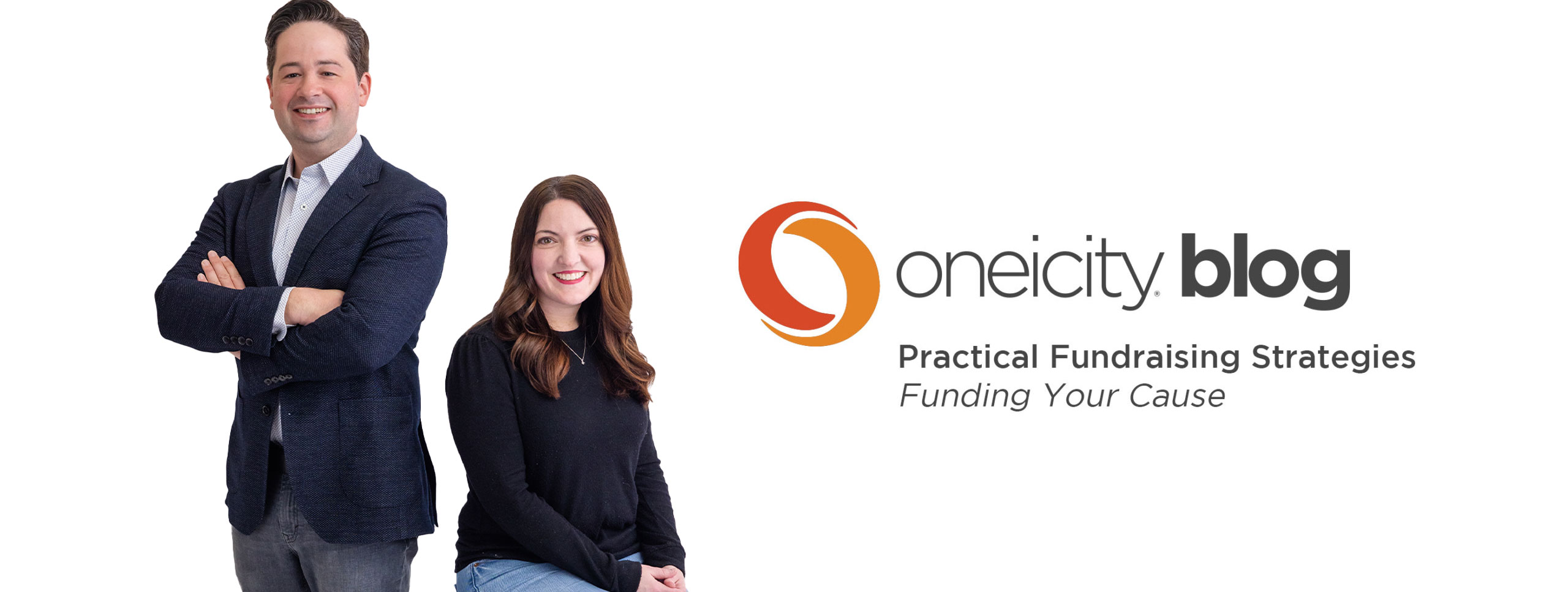Yesterday I mentioned search engine optimization in the discussion on improving your online fundraising. Search Engine Optimization (SEO) is taking the steps you can to improve your rankings in a web search. If someone is searching for you, you want to show up on their search pages as soon as you can (on the earliest page and as high on a page as possible). There isn’t a hard and fast rule, but realistically if you don’t show up on the first page or maybe the second the searcher isn’t going to find you. Think about your own searches, do you make it to page 4 of the searches? I don’t.
Your goal: show up as high on the first page as you can manage.
This is deep water. I can’t give you the whole SEO concept, but here a few very basic concepts to get you started thinking about it. If you want more, let us know and we can help out. Plus, there are all manner of people who do SEO Optimization as their speciality. Changes won’t happen overnight, improvement requires steady measured progress.
Generally there are 4 factors that will improve your rankings in a search.
1. The words on your pages
2. How often your pages are updated
3. The links to your pages
4. How often searchers click on your listing
A blog isn’t the place to deal with SEO in detail, but we can talk very generally about the first 2 items:
Words.
Decide which keywords or phrases are yours. Think about what words a donor or potential donor might enter into a search engine to find you. For now, try for 10 to 15.
Your organization’s name, obviously, is a good place to start. Then think about key personnel and then words like: Homeless. San Francisco. Feeding. Poor. Ministry. Changing. Lives. What fits you?
Another way to generate your word list is to use a tool like Wordle that allows you to see what words you are already using. The advantage to doing this is that you aren’t creating an artificial list. Oneicity often uses a tool like this to analyze copy–try it, you’ll be amazed. When you are compiling your list, don’t just look at your webpages. Look at your newsletter, brochures and mailings.
Once you get your word list, then you need use your words and phrases on your website as often as possible and in a natural, authentic way. Don’t try any fakey listing of key words in tiny fonts on pages. That’s so wrong on multiple levels and doesn’t really work anyway.
Don’t overdo it. Search engines look at how often your key words show up in comparison to the total words on the page. Use your key words naturally. Use them in the title of the page, in the first sentence and 2 to 3 times in the body copy of the page. Again, very smart people and their technology are working to prevent you from faking this, don’t try to fool anyone.
Content updates.
The second key issue for SEO is how often your web page is updated. This maybe easier than any of the others. We’ve mentioned how people who come to a nonprofit’s website are coming to find out about your work or programs. Here’s another place that fresh content makes a difference.
Search engines prefer frequent updates. “Post it and forget it” will not do well with search engines. Finding a way to keep your content current will help you improve your search ranking.
How do you do make the search engines happy?
-Regular blogging
-Frequent news updates
-Scheduled page rewriting
Figure out what words you need to be known for and then keep your content fresh. That’s a good, basic start to improving your search rankings.
Are you doing SEO? Or would it help you to have more information on how to apply this to your ministry or nonprofit? Love to hear from you.

Steve Thomas
Partner, Oneicity
(photo credits: cliff1066)

